I suppose there are people who stay in four or five-star hotels all their lives and become a kind of expert in them, turning their noses up at rooms I would regard as the acme of comfort, but since my parents stopped paying, I never have. In adulthood my standards have plummeted and, as a traveler, I’ve stayed in any number of cheap hostels. I’m not complaining either — you have much more fun in life when there’s nothing to protect you from what Maxim Gorky, in a lyrical moment, called the “lower depths.”
None of this was erotic in any way but had a kind of anthropological edge to it
My real travels started when I moved to Estonia at twenty-six. Eastern Europe was definably post-communist then, and the places you stayed at, in countries like Latvia and Lithuania, had a spartan Soviet charm with the odd kitsch flourish. For a few quid you got the standard room with a painted wooden floor, a black and white television and some flimsy, salmon pink curtains. Here, if you had a kettle, a cup and some sachets of three-in-one coffee, you were in business. You also had to bring your own drinking water, and woe betide you if you forgot. What came out of the taps was often the color of mud and, if you were drunk or fool enough to drink it on a clear day, tasted like it had a snot stock cube crumbled into it. Vodka, whatever the brand, was usually a safer bet.
In 1990s Russia, where I worked as a traveling literature lecturer, another issue was cockroaches. In the student halls of residences they stuck me in, the underside of nearly every warm pipe was coated with a jostling, biblical crowd of them. Cockroaches (baby ones at any rate) got into your bed at night and crawled up the shower hose when you were washing. Like all things you got used to them, and even gave the regulars Christian names like “Oleg” or “Fyodor.”
There were other living creatures to worry about. At my Volgograd hostel a middle-aged gang of ex-basketball players were taking a holiday together. The parties, full of thuds, shouts and unexplained laughter would pound on until dawn, leaving me bleary-eyed and crotchety in the lecture-hall the next day. One night, pushing the boat out, they hired in a local prostitute for a gangbang, and my sleep was wrecked once again. Russians, despite recent Soviet shortages, weren’t especially good at waiting, and through the wall I could hear her shrieking at them, with mounting vexation, to get into a proper, orderly line. She sounded like a harried supply teacher.
Sex was big in Russia post-communist Russia. In Rostov-on-Don, I stayed in a dirt-cheap hotel staffed by a group of motherly middle-aged ladies who seemed to double up as virtual brothel madams. My room was reserved for three or four-week periods, but locals would rent by the hour, and my nights there were often disturbed by nearby orgasms in a huge variety of pitches, volumes and styles. If there was one non-variable that came through the plasterboard, it was the single, jaunty slap to the buttocks (the girl’s, I assume) at the precise moment of climax — a kind of Tchaikovsky cymbal-clash which sealed off the chirruping nightly concerto. None of this was erotic in any way but had a kind of anthropological edge to it.
Hotel rooms, pre-internet, could be quite lonely, and back then I stayed in youth hostels if I could (this cut off abruptly at the age of forty, after which there was a danger of other guests calling me “old timer” or asking if I was picking up my child). Youth hostels were fun, an almost endless party with bunkbeds, lockers and shared kitchens. They were flirtatious places but almost completely celibate (“Does anyone get laid in places like this?” asked one bit of graffiti on the wall. “I thought not…”). To this, there were occasionally exceptions. In a Madrid mixed dormitory an older fellow, hairy and malodorous, stretched a sheet across the front of his lower bunk and imported a nearby hooker from Democratic Republic of the Congo. After much slap and tickle, the pair took the sheet down and sat primly on the edge of his bed, drinking Lipton’s tea and trying to make polite conversation with the rest of us — the man, spent and euphoric, baffled as to why we weren’t all sharing in the post-coital afterglow.
Sometimes there were conversations you’d never forget. In the same Spanish hostel I met Spad, a young white rapper whose songs, often incel-ish in tone, were unbelievably confessional. “People will want to get away from me when they hear the lyrics,” he said, “but they’ll also know they’re not alone and their sufferings aren’t unusual.” It was Spad who told me — a useful tip — that a way of getting through life was to tell yourself, as a matter of ritual, “The future will be difficult.” There was a weird, Old Testament quality to Spad, and it seemed right when later I heard he’d moved to the Middle East. In my memory now he wears robes and carries a knotty staff, neither of which was actually the case.
Then there was Christoph, a German hippie sleeping in the bunk below me in Budapest. He was baby-faced and guileless in a newly-hatched sort of way, his sweet nature making him the most unthreatening of companions. Not so his girlfriend Elke, a fledgling actress with a Nietzschean will-to-power, who roared up a couple of days later and made the mistake of letting Christoph read her diary. A throwaway sentence about fancying the leading man in her current play sent Christoph into a tailspin, and he retreated to a teepee in the hostel garden. For hours he refused to come out or speak to anyone, while Elke kept us entertained in the kitchen by hissing out the fruitier extracts from Bertolt Brecht’s Baal. Christoph described Elke as the woman he would one day marry but I don’t suppose they lasted — he was a VW Camper Van, she was an Audi, already revving to overtake. With these two I broke the cardinal rule of hostelling — that however well you get on, however sad you are to say goodbye, it’s unforgivable etiquette and a force of death to try to prolong the contact. When, passing through Berlin a year later, I contacted Christoph and Elke on the off-chance, Christoph was away cloud-dwelling in Goa or one of those places, and Elke was having none of it. She dispatched me, I remember, with a wonderfully fey efficiency, somehow getting across it was a matter of near Buddhist Enlightenment we should never clap eyes on each other again. On this though, Buddha clearly had other ideas. I still see Elke onscreen sometimes — she’s quite famous now.
This article was originally published on The Spectator’s UK website.



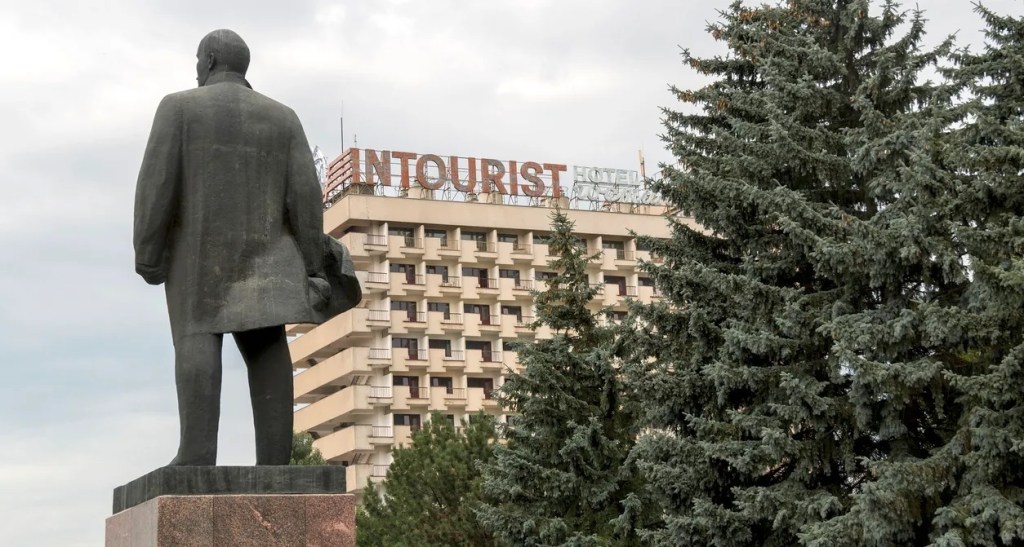







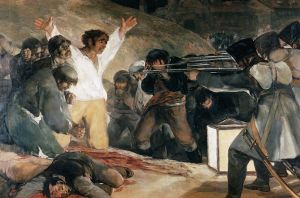



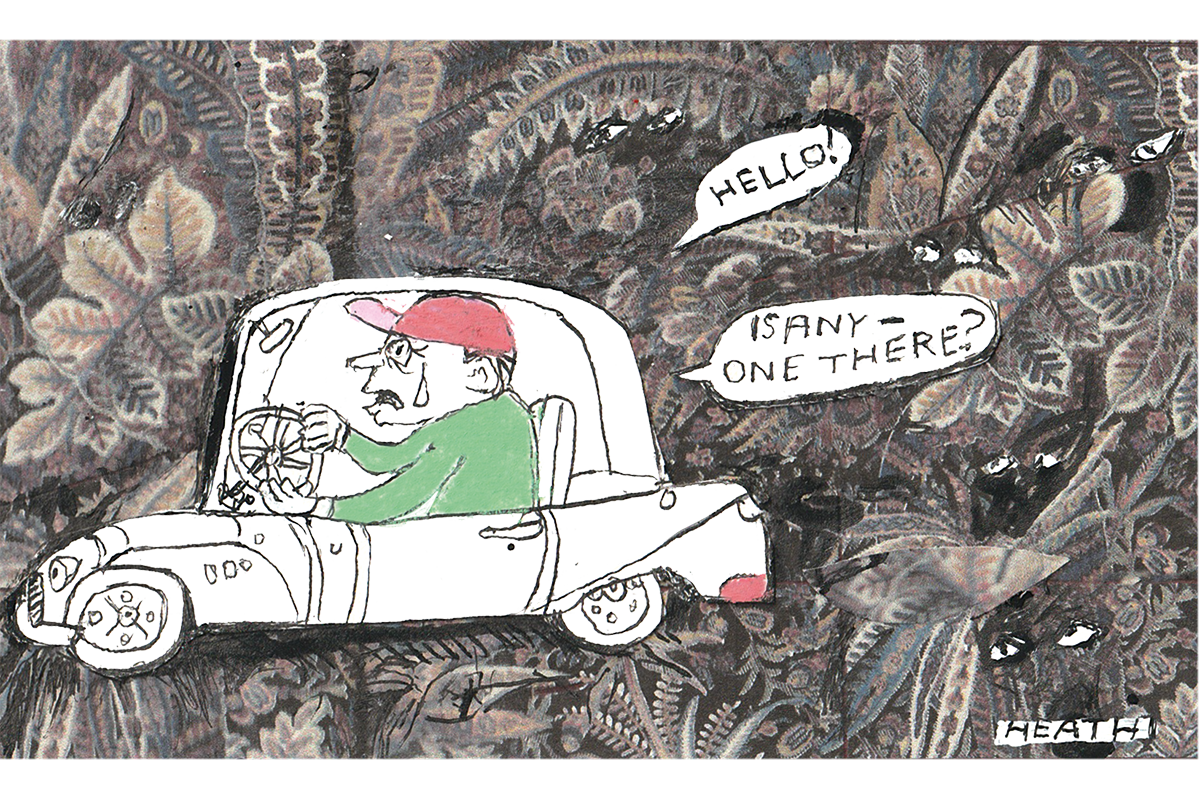
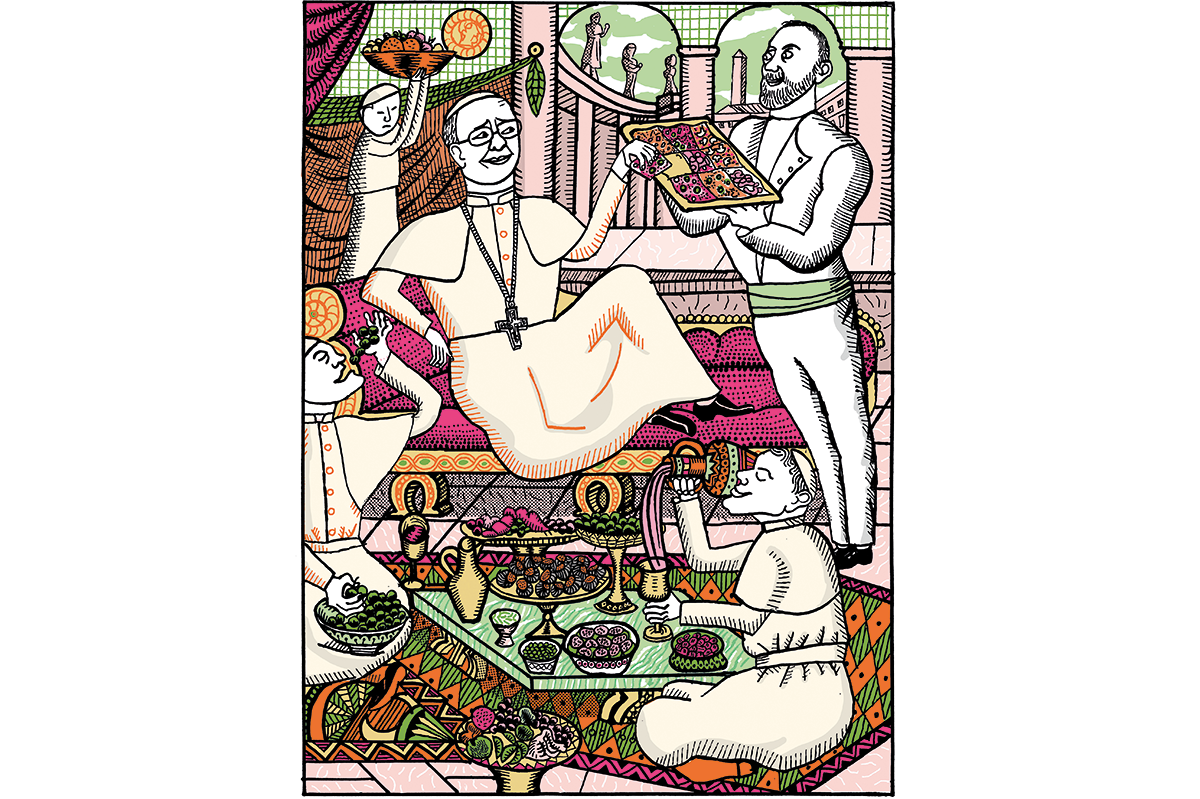
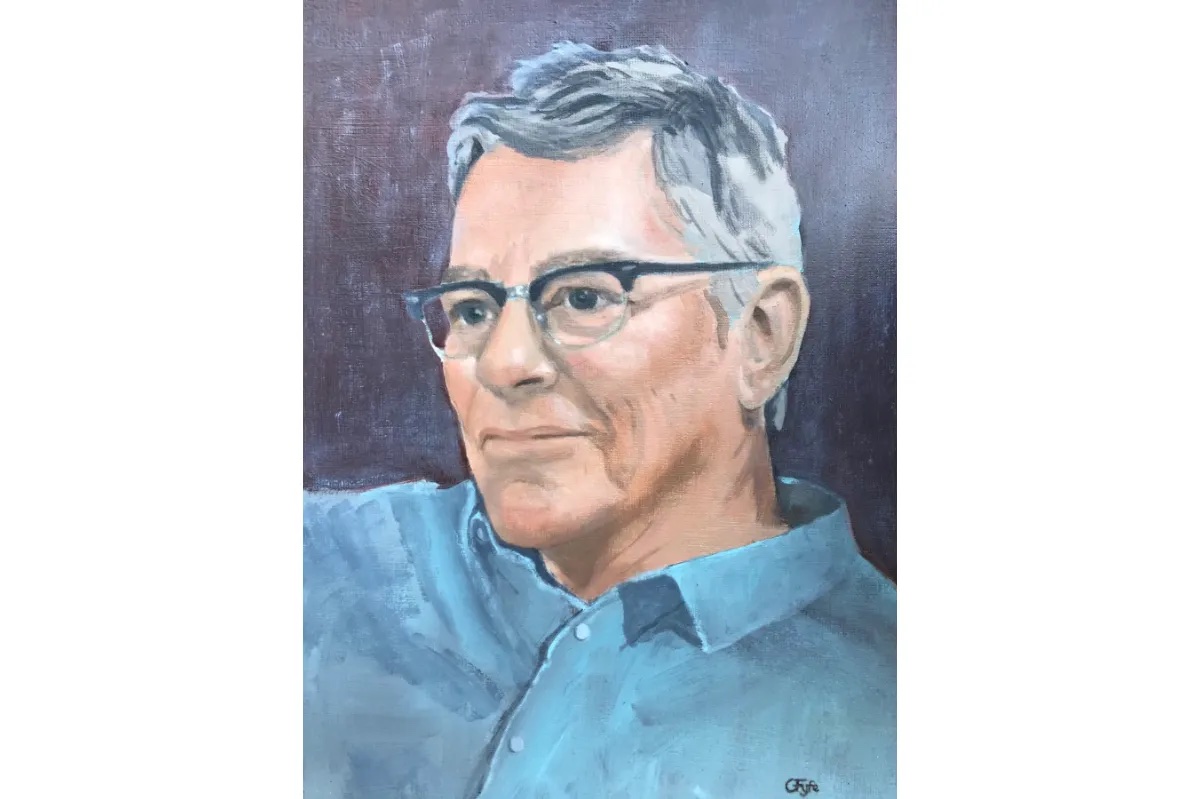
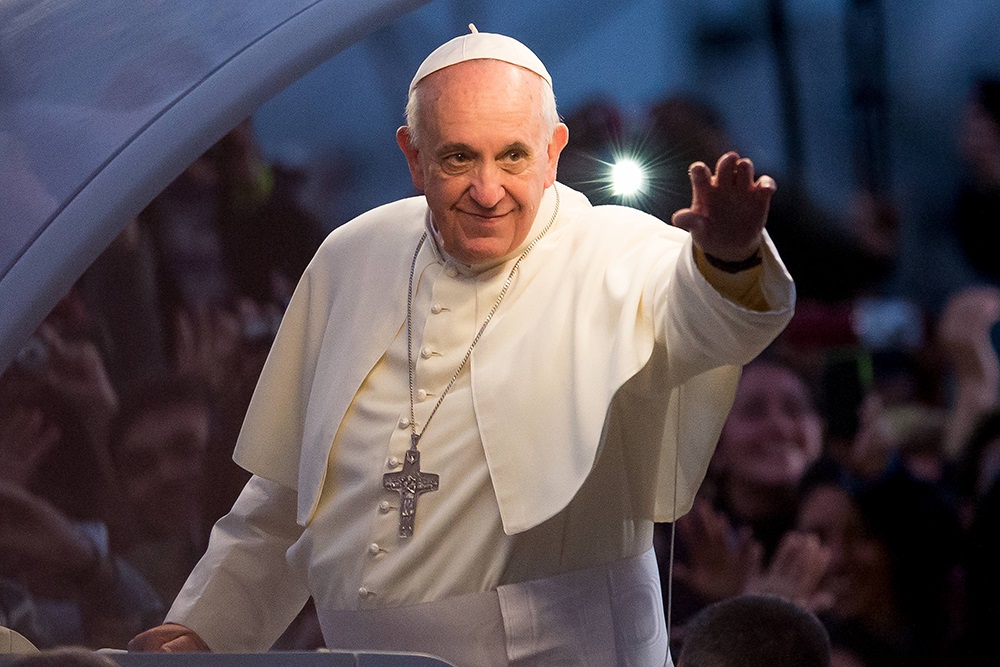







Leave a Reply